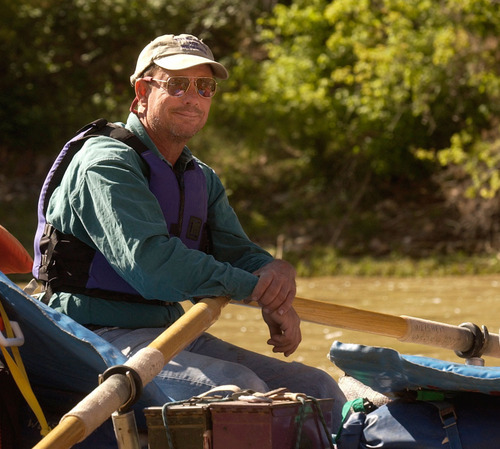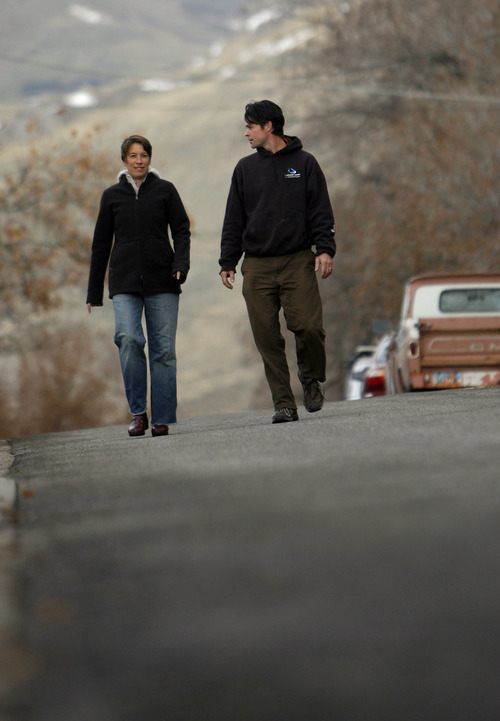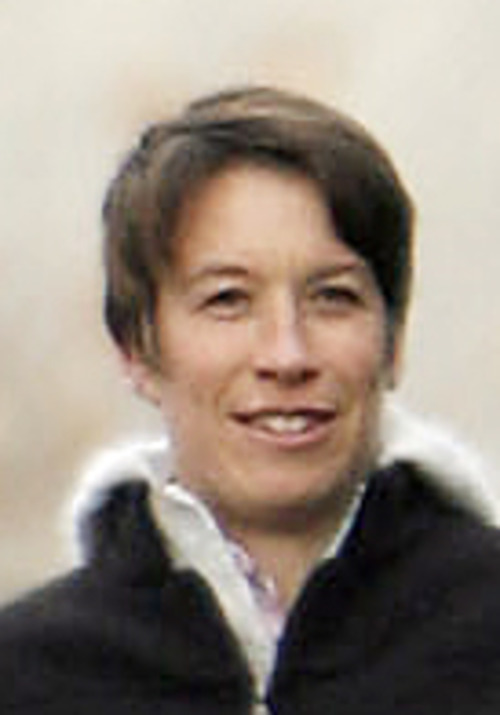This is an archived article that was published on sltrib.com in 2012, and information in the article may be outdated. It is provided only for personal research purposes and may not be reprinted.
The birth-squall of the environmental movement, according to filmmaker Mark Kitchell, came from the West, during the legendary wrangling over the region's great rivers and canyons.
David Brower and the Sierra Club, regretting the Glen Canyon Dam just beyond the Utah-Arizona border, rallied Americans everywhere to stop new dams, including those proposed for postcard-pretty Echo Park in the Utah section of Dinosaur National Monument.
So it seems fitting that Kitchell's documentary, "A Fierce Green Fire: The Battle for a Living Planet," makes its premiere in Utah at the Sundance Film Festival on Monday, Jan. 23, and that sometimes-Utahn and Sundance founder, Robert Redford, has agreed to narrate the sweeping and timely look at environmentalism. (Kitchell said scheduling difficulties prevented Redford from recording the voiceover before the film festival; his voice will be dubbed over the temporary narration later.)
"It seemed natural," said Kitchell in a telephone interview. "I saw it as an opportunity to do a big, defining film that brought together all of the pieces."
Kitchell's film, "Berkeley in the Sixties," won the audience appreciation award at Sundance in 1990. And already there's keen interest in the new film. The movie will be "hugely successful," predicts Cara Mertes, head of the Sundance Institute Documentary Film Program. "The material is vast, and it's an incredibly dynamic film," she told On Earth magazine. "It's shaping up to be the documentary of record on the environmental movement."
Kitchell's "Green Fire" echoes some themes of the 1993 Phillip Shabecoff book of the same name. But the medium of film allows Kitchell to showcase vibrant collages of historic photos, film footage and recent interviews. And its story shows how thoroughly entangled environmentalism has become in everyday life, in the world's biggest cities and political centers along with the smallest villages and most remote landscapes.
Besides the dam controversy, "Green Fire" tells the stories of the grass-roots campaign against industrial pollution led by Lois Gibbs, who also is slated to appear at a Sundance "Moving the Masses" panel discussion 1 p.m., Jan. 26 at Park City's Filmmaker Lodge (550 Main Street, 2nd floor). Other strands of the story include the bare-fisted efforts of Greenpeace founders to stop slaughter of whales; and the spread of worldwide embrace of environmentalism with a focus on the fight to protect the Amazon rainforests led by the murdered Chico Mendes.
The film makes a persuasive case that environmentalism is still very much alive, though muddled in the face of its most daunting challenge yet: giving voice to the global threat of climate change. In the end, "Green Fire" explores why the environmental movement hasn't been able to use the tools and strategies it developed over the past 50 years to mobilize climate action.
The effort has stumbled in international venues, such as the Copenhagen climate talks. U.S. environmental groups have faltered in the courts, in Congress and in other policy-making forums. And, individual efforts, like University of Utah student Tim DeChristopher's climate change protest, only landed him in prison.
Kitchell wonders how any social or political movement can tackle the problem of climate change. "I think it is the hardest thing the [environmental] movement has tried to take on. It goes right to the heart of our civilization."
Pointing to local action in the West, Kitchell applauds signs of improvement, but concludes: "I have been disappointed how slow change has been to happen."
Utahns on the front lines echo the filmmaker's lament. Jamie Pleune, of Salt Lake City, is a lawyer who last year pressed state agencies to begin addressing climate change on behalf of nearly three dozen youth and climate activists. And, though she was unsuccessful, she's determined to press forward. "It's the best I can think to do," she said, "and I can't bear to do nothing."
Moab-based John Weisheit, who founded the environmental group Living Rivers with Brower, said much more needs to be done to assure people their rights to a clean environment.
"Someday we are going to be together again and be one voice," he recalled Brower telling him. "I would hope climate change would be [the cause of it]."
Twitter: @judyfutah —
'A Fierce Green Fire' screenings
Monday, Jan. 23, 5:15 p.m. • The Marc, Park City*
Tuesday, Jan. 24, 11:30 a.m. • Temple Theatre, Park City*
Wednesday, Jan. 25, 9 p.m. • Screening Room, Sundance Resort (available)
Thursday, Jan. 26, 6 p.m. • Broadway Centre Cinema 6, Salt Lake City*
Saturday, Jan. 28, 6 p.m. • Temple Theatre, Park City*
* waitlist only







